10 Fun facts about Germany: From gummy bears to Christmas markets
Here are 10 interesting and fun facts about Germany that might inspire you to visit Deutschland.
Germany is one of the most historically rich Central European countries. With significant inventions, festive traditions, and major historical events, it certainly packs a punch when you come to its curiosities and quirks.
From the German language to gummy bears to world-famous Christmas markets, this list of 10 fun facts about Germany will surely surprise you or make you want to plan a trip to Deutschland.

1. The Christmas tree tradition began in Germany
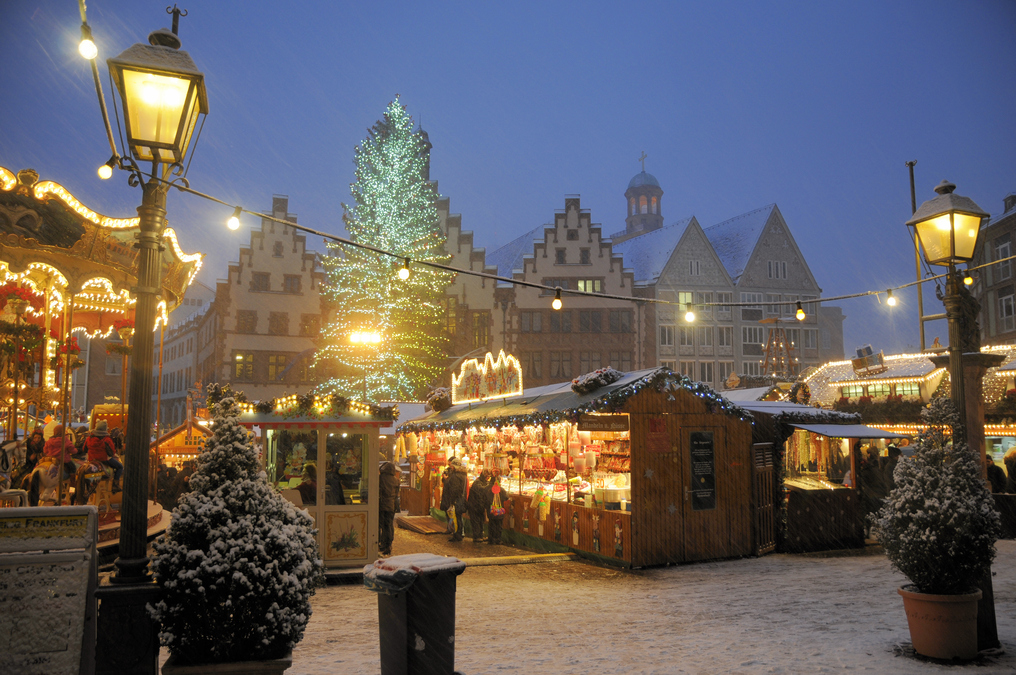
Germany was the first country to start the Christmas tree tradition. It began in the 16th century when Christians brought trees into their homes. Families would then decorate these fir trees with candles, sweets, and handmade ornaments. Another interesting fun fact about Christmas in Germany is that children open gifts on Christmas Eve instead of in the morning on Christmas Day.
You’ll also find some of Europe’s oldest and most magical Christmas markets in Germany! It’s safe to say Germany is pretty big on Christmas.
2. You’ll find the world’s narrowest street in Germany

Spreuerhofstraße, in the German city of Reutlingen, is the world’s narrowest street and only 31 cm (1 foot) wide! At just 12 inches wide, you may ask why it’s so narrow. The Spreuerhofstraße street was actually created as a firebreak after a devastating fire in the city in 1726.
After the fire, crucial discussions took place to implement fire prevention measures, including creating gaps between structures to minimize the spread of flames.
3. Gummy bears have German origins

Hans Riegel founded the iconic German sweet company Haribo in 1920 and created gummy bears in 1922. Riegal, from Bonn in Germany, first created gummy candies shaped like bears. He was inspired by trained bears at street festivals he had watched growing up.
4. There are no speed limits on certain German highways

Unlike most European countries — and countries worldwide — some German highways (Autobahns) have no official speed limits. Technically, you can go as fast as you desire; however, safety comes first! Others say an unsaid rule is maintaining a 130 km/h speed limit.
5. Germany first adopted Daylight Saving Time

Here’s an interesting fun fact about Germany: it was the first country to adopt Daylight Saving Time (DST). This change happened during World War I in 1916. As you can imagine, Germany implemented this change to try to conserve fuel (oil and coal) used for lighting during the war. Utilizing one extra hour of Daylight became beneficial for war production and was the first time a country implemented DST nationally.
6. Germany has over 50 UNESCO World Heritage Sites

With 20,000-25,000 stunning castles like Neuschwanstein and historical Roman monuments, Germany boasts over 50 UNESCO World Heritage sites — far more than most European countries. This only proves Germany’s historical relevance, from the German Empire to the contemporary Federal Republic.
7. The German language once included a 63-letter-long word
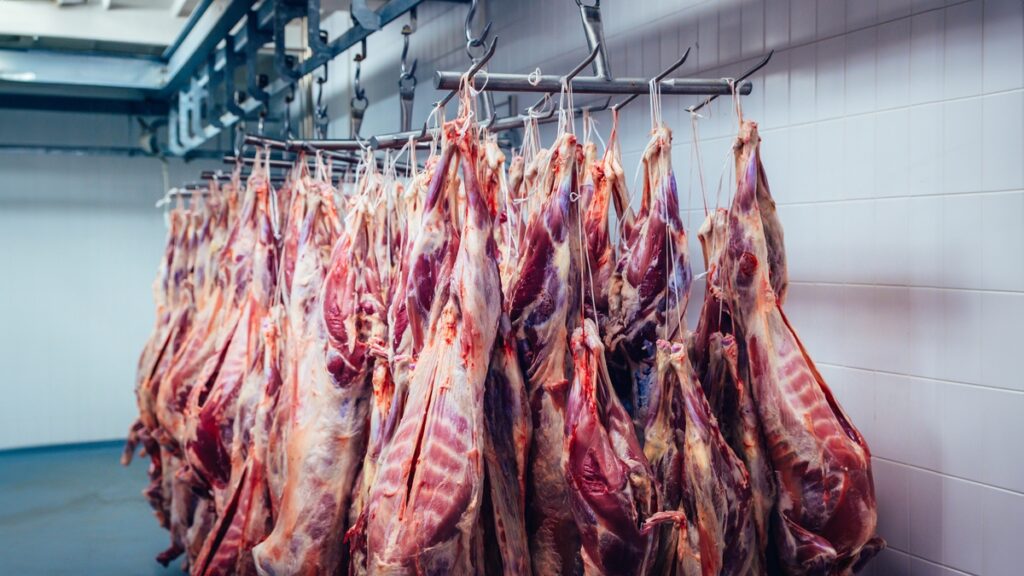
Germany once had a 63-letter-long word – Rindfleischetikettierungsüberwachungsaufgabenübertragungsgesetz – the title of a law regulating beef testing. While this law (and word) has ceased to exist and is no longer in official use, it’s a perfect example of how Germany loves precision, even if it takes an entire line to get there!
8. Germany has one of the most advanced recycling systems

An impressive fact about German culture is that it has one of the most efficient recycling systems worldwide and has been celebrated as a world leader in recycling. Other countries’ policies have been inspired by Germany’s greener trash disposal and collection practices.
You can return plastic and glass bottles for a refund, a fantastic incentive. Plus, Germans are practically experts (and competitive) when it comes to sorting waste correctly.
9. Germany is home to one of the world’s most respected leaders

Among notable German facts is that the legendary Angela Merkel became Germany’s first female chancellor in 2005. She stepped down in November 2018 as leader of the Christian Democratic Union. Merkel is renowned for leading the region’s largest economy after guiding Germany through the financial crisis back to economic growth.
10. There’s a special museum in Germany dedicated to human emotions

This fun fact about Germany is both interesting and thought-provoking. The EmotionAir exhibition in the Balloon Museum in Germany is labelled as “art you can feel” and is dedicated to displaying emotions through art. Visitors can have sensory experiences with several interactive installations, emotional projections, and performance art. Many tourists claim to have psychological reactions as they walk through the installations.
If you’re planning to visit this museum and other German attractions, remember to grab a tourist card for Germany starting at just €6. You can save big, skip the stress, and explore with ease.
Discover interesting facts about Germany in person with Holafly
We couldn’t possibly cover all the fun facts about Germany in one blog. From tuition-free universities to over 1,500 types of sausages, more than 1,200 breweries, and home to Europe’s largest railway station, Germany is known for many things.
If this blog has inspired you to pack a bag and hop on a flight to Germany, make your travels smooth and stress-free with Holafly’s Germany eSIM with unlimited data and 1 GB daily for hotspot sharing. Stay online and connected with our unlimited data travel eSIMS available for over 200 destinations. Or, if you’re planning to tour Europe for the long-run, consider Holafly Connect – a monthly subscription service that offers unlimited data, 25 GB, and 10 GB data plans – perfect for frequent travelers, remote workers, and digital nomads.
















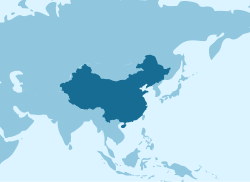




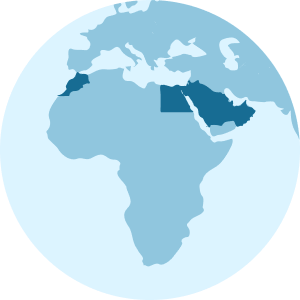














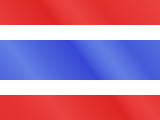


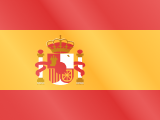





 Pay
Pay  Language
Language  Currency
Currency 


















 No results found
No results found















